Iran’s red lines and the West’s red buttons Snapback countdown
U.S. Secretary of State Marco Rubio and the foreign ministers of Germany, France, and the United Kingdom agreed during a phone call on July 14 to set the end of August as the deadline for reaching a nuclear deal with Iran. If no agreement is concluded by then, the three leading European powers plan to trigger the “snapback” mechanism and reinstate all UN Security Council sanctions that were lifted as part of the 2015 deal with Tehran.
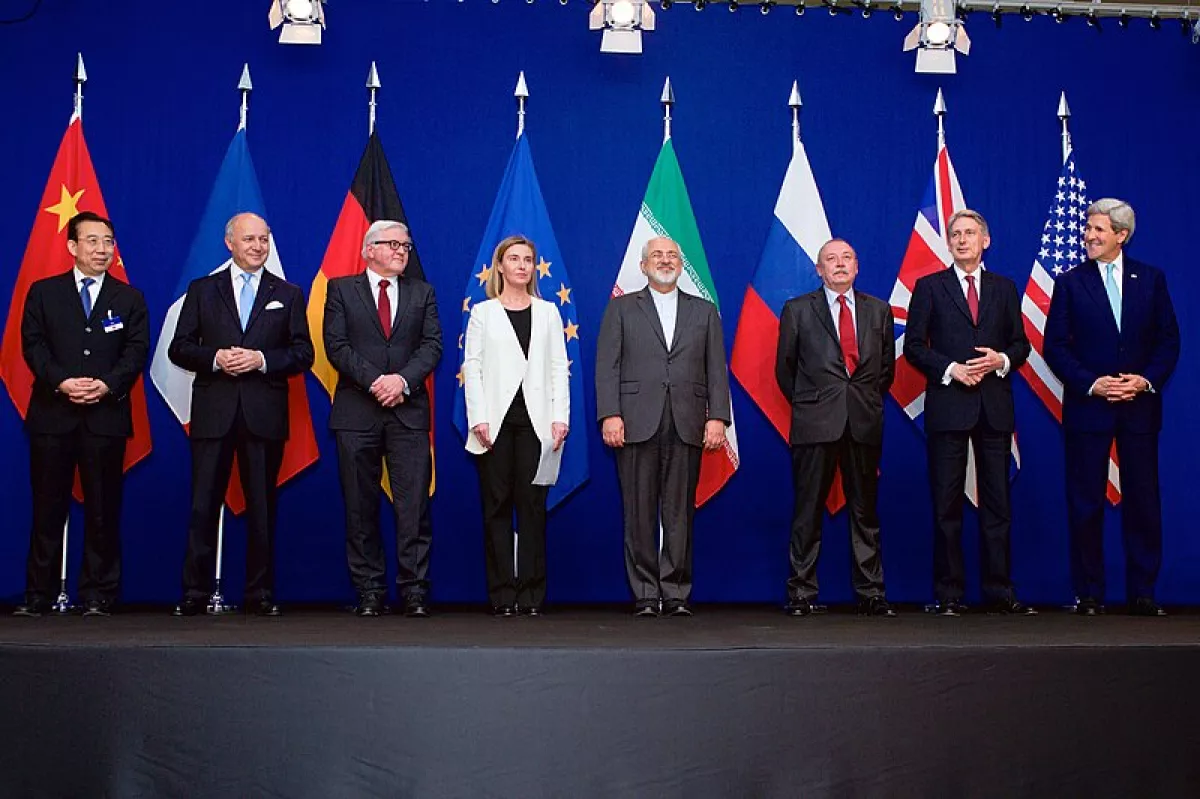
It is worth recalling that the original agreement included a clause allowing for the reimposition of sanctions if the Islamic Republic violated its commitments. This clause is set to expire in November, and the activation of the “snapback” process takes roughly 30 days. The Europeans aim to complete the process before October, when Iran’s ally — Russia — is due to assume the presidency of the United Nations Security Council.
In 2015, Iran, the United Kingdom, Germany, China, Russia, the United States, and France signed the Joint Comprehensive Plan of Action (JCPOA), effectively ending the crisis that began in 2002 when the West accused Tehran of developing nuclear weapons. In 2018, U.S. President Donald Trump announced Washington’s withdrawal from the agreement and introduced additional sanctions against the Islamic Republic of Iran (IRI). In response, in 2020, Iran declared a reduction in its commitments under the deal and limited access for International Atomic Energy Agency (IAEA) inspectors to the country’s nuclear facilities.
European and American officials view the restoration of sanctions as a means of pressuring Tehran and a fallback option in case diplomacy fails. However, Iran insists that there is no legal basis for reimposing sanctions and has threatened to withdraw from the Treaty on the Non-Proliferation of Nuclear Weapons (NPT) in retaliation. During the aforementioned phone call, Rubio and his European counterparts aligned their positions on the “snapback” mechanism and agreed on further steps in nuclear diplomacy with Iran.
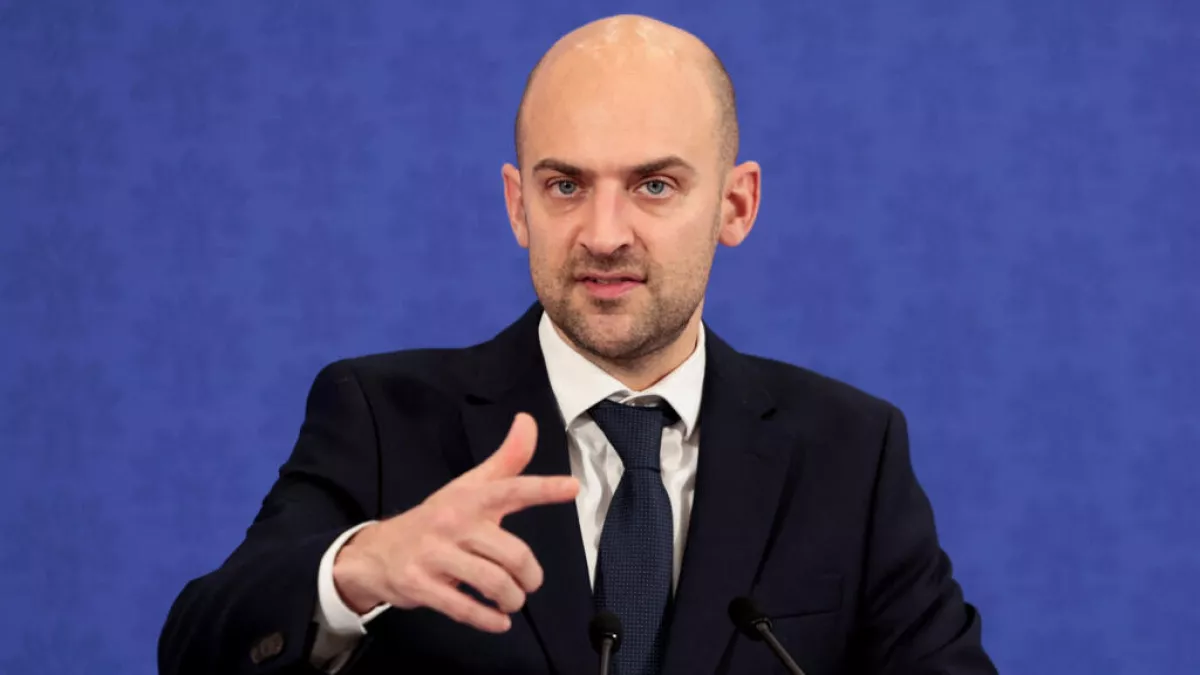
French Foreign Minister Jean-Noël Barrot, upon arriving in Brussels on July 15 for a meeting of EU foreign ministers, made the following statement: “France and its partners are … justified in reapplying global embargoes on arms, banks and nuclear equipment that were lifted 10 years ago. Without a firm, tangible and verifiable commitment from Iran, we will do so by the end of August at the latest.”
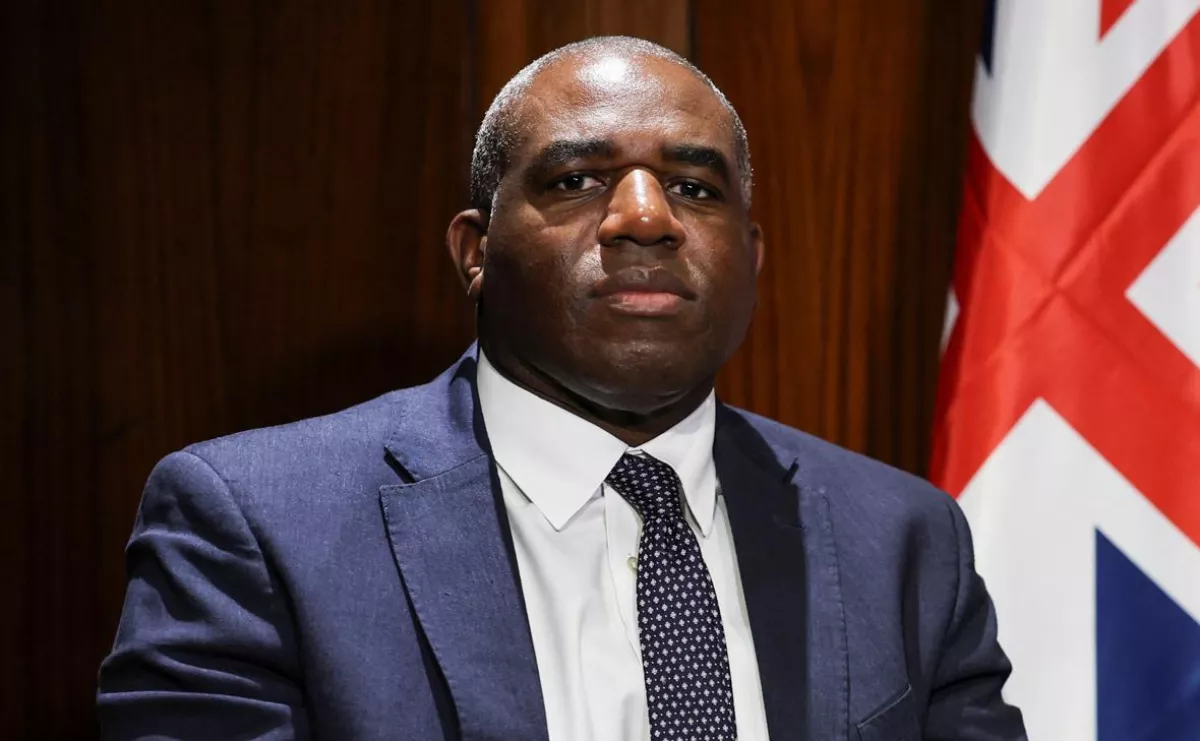
For his part, UK Foreign Secretary David Lammy warned that European countries would impose “serious sanctions” on Iran within weeks if it failed to eliminate ambiguity surrounding its nuclear weapons programme and did not allow inspectors to return.
According to two independent sources, in the coming days and weeks, European countries plan to contact Tehran and inform the Iranian authorities that the Islamic Republic can avoid the reimposition of sanctions if it takes steps to convince the international community that its nuclear programme is safe. The first step in this direction could be the resumption of IAEA monitoring, which was suspended by Iran following strikes by Israel and the United States on Iranian nuclear facilities. This would be followed by the removal from Iranian territory of approximately 400 kilograms of uranium enriched to 60%, currently held in storage.
This latest move by Western diplomacy did not arise out of nowhere. Following the end of the 12-day Iran–Israel war, the U.S. administration has been trying to restart talks on a new nuclear deal. This has caused concern among several officials in France, Germany, the United Kingdom, and Israel, who fear that President Trump’s team may pressure European powers not to impose sanctions or jeopardise the potential for renewed negotiations.
During his recent visit to the United States, Israeli Prime Minister Benjamin Netanyahu raised this issue in meetings with Trump, Rubio, and Witkoff. He urged the U.S. President not to block the reinstatement of sanctions and told Witkoff that the United States must make it clear to the Iranians that they do not have much time left if they want to strike a deal and avoid new sanctions. According to an unnamed Israeli official, “we felt that Trump and his team agreed with us.”
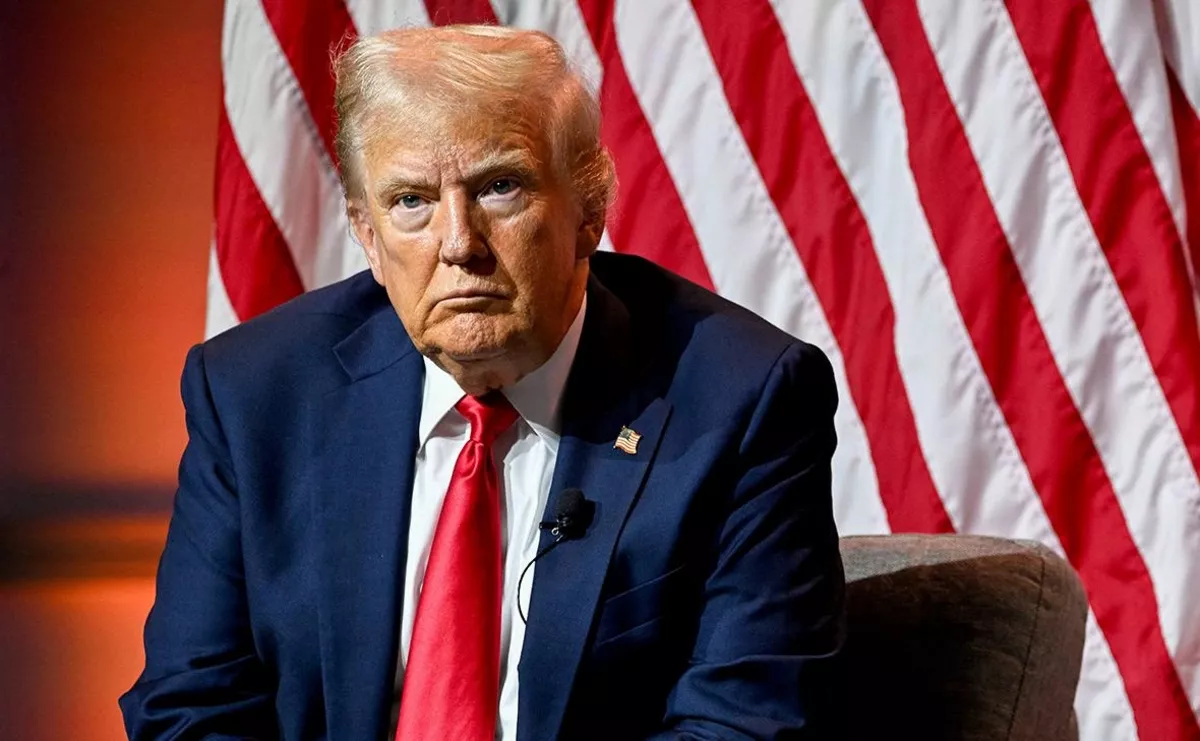
The Washington administration supports the reimposition of sanctions and sees it as a means of leverage in negotiations with Iran. President Donald Trump is reportedly deeply frustrated that the Iranians have yet to return to the negotiating table. According to one U.S. official, Witkoff made it clear to the Iranian authorities that any future talks must be conducted directly, without third-party mediation, in order to avoid misunderstandings and accelerate the process.
On July 8, Iranian Foreign Minister Abbas Araghchi stated that the country is ready to resume negotiations on its nuclear programme. He stressed that Tehran’s nuclear activities have always been peaceful and that Iran remains committed to the Treaty on the Non-Proliferation of Nuclear Weapons (NPT). Araghchi also remarked, “One of the big mistakes of the Europeans is that they think that the ‘snapback’ tool in their hands gives them the power to act on the Iranian nuclear issue, while this is a completely wrong perception. If these countries move towards snapback, they will make the resolution of the Iranian nuclear issue even more complicated and difficult.”
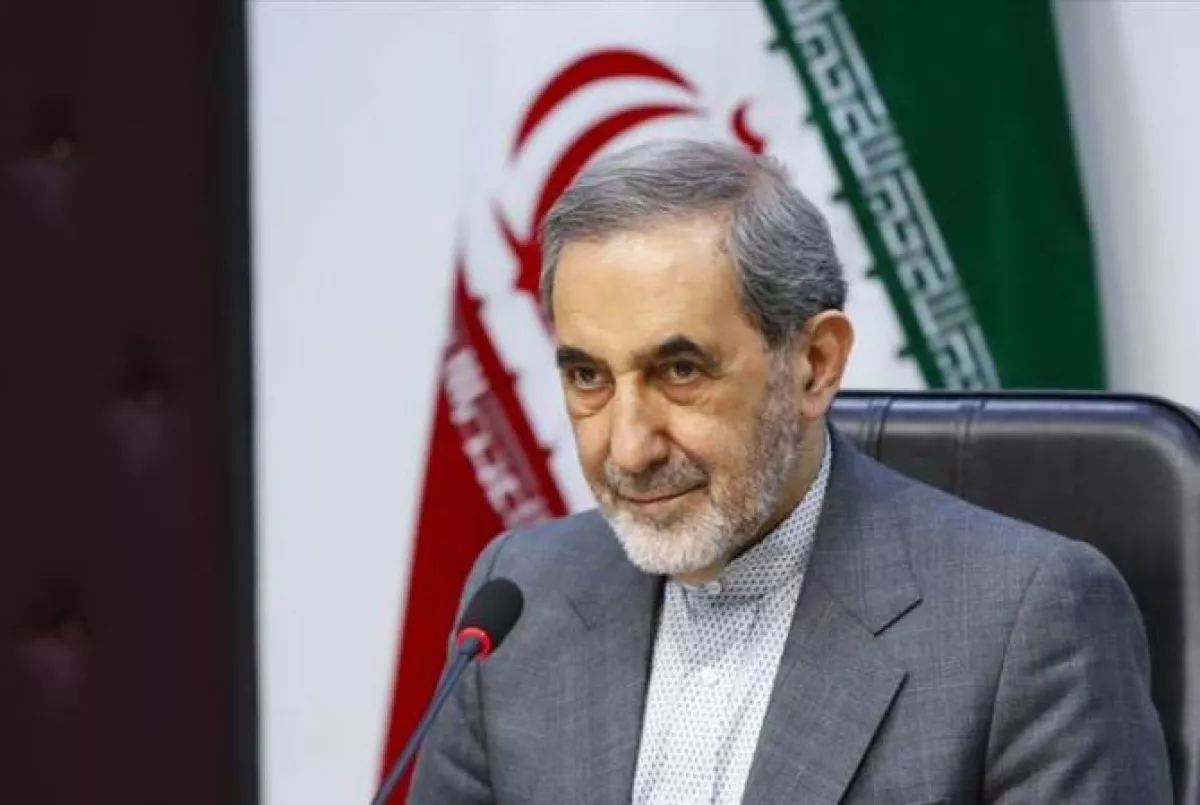
On July 14, Ali Akbar Velayati, senior advisor to Iran’s Supreme Leader on international affairs, stated that Tehran would not agree to negotiations with the United States if Washington maintained its demand for Iran to abandon uranium enrichment on its own soil. “They say Iran must abandon uranium enrichment,” he said, “but this is one of our red lines. If talks are conditional on halting enrichment, they simply won’t happen.”
On July 16, Iran’s parliament declared that the country should not resume nuclear negotiations with the United States until certain preconditions are met, according to ISNA.
The Islamic Republic consistently denies any intention to develop nuclear weapons. However, the West claims that Iran is enriching uranium to levels with no civilian use, obstructing international inspectors from verifying its nuclear facilities, and expanding its ballistic missile capabilities. Israel, for its part, asserts that Iran has recently taken steps toward building a nuclear weapon.
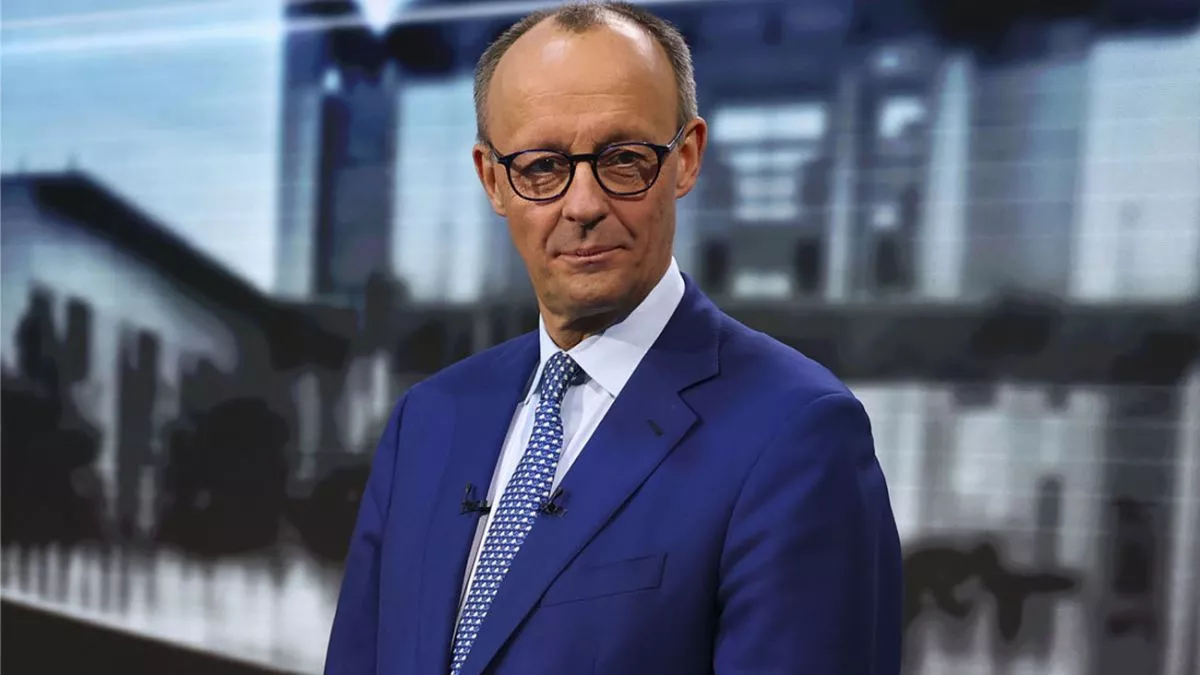
What stands out in the current situation is that the Europeans are now taking a much more anti-Iranian stance than the United States. It is no coincidence that during the recent 12-day war, German Chancellor Friedrich Merz stated bluntly: “This is the dirty work Israel is doing for all of us.” This hostility toward Tehran is driven in part by Iran’s active support for Russia in the Ukraine conflict, and, more subtly, by disapproval of the current U.S. President’s political manoeuvres. Last month, Donald Trump ordered airstrikes on Iranian nuclear facilities, effectively sidelining Europe in resolving the Iranian nuclear issue. The aforementioned ultimatum can thus be seen as an attempt to restore European influence.
On the other hand, given how rapidly events are unfolding in the Middle East, even one month can be an eternity — during which the political and military landscape may shift dramatically. This is precisely what we are witnessing today in countries like Yemen, Syria, and others.








